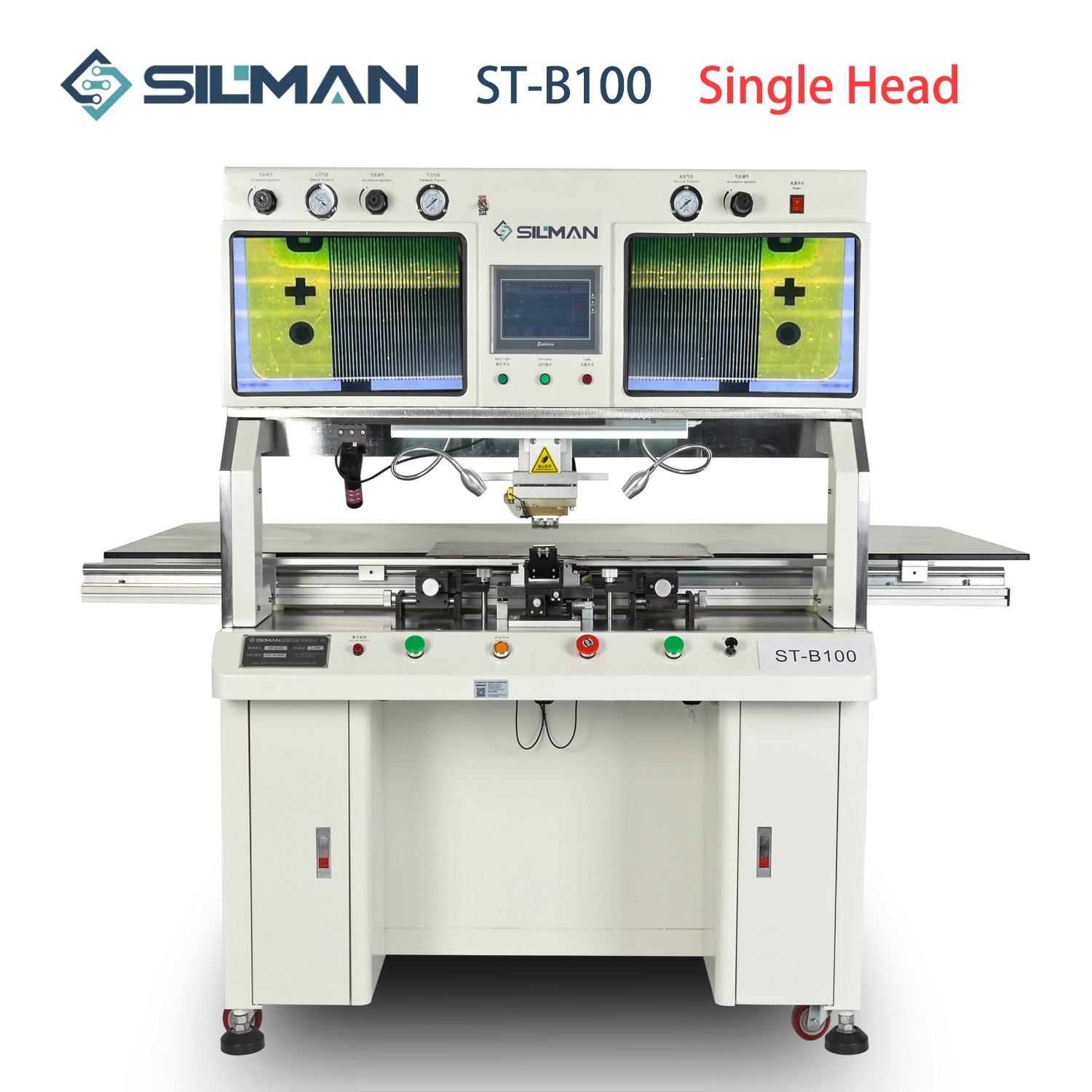Selective wave soldering offers several advantages over traditional wave soldering:
A. Reduced Energy Waste and Oxidation Reactions
Selective wave soldering allows targeted heating only on the areas requiring soldering, minimizing heat wastage in surrounding regions and reducing energy consumption. Additionally, it reduces the occurrence of oxidation reactions by limiting the exposure of soldering areas to air, thus lowering the risk of oxidation reactions.
B. Enhanced Reliability and Quality
Selective wave soldering enables a finer and more precise soldering process, enhancing product reliability and quality. The technology provides precise control over soldering parameters such as shape, size, and location of soldering areas, minimizing errors and reducing defects and flaws.
C. Ease of Operation and Maintenance
Selective wave soldering’s highly controllable parameters facilitate precise, stable, and convenient soldering operations, improving user-friendliness. Furthermore, it reduces component damage and corrosion, extending equipment lifespan and reducing maintenance efforts and costs.
D. Cost Savings and Efficiency Improvement
Selective wave soldering technology increases soldering speed and accuracy, thereby shortening processing and production cycles, saving labor and material costs, and enhancing manufacturing efficiency and competitiveness. Additionally, it reduces unnecessary solder dross and flux usage, further lowering costs and environmental burdens.
